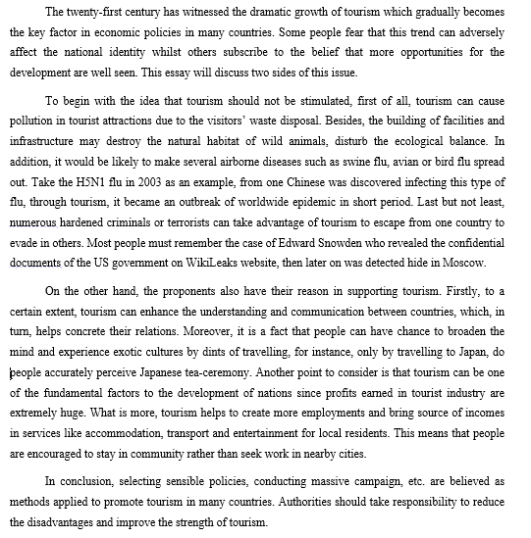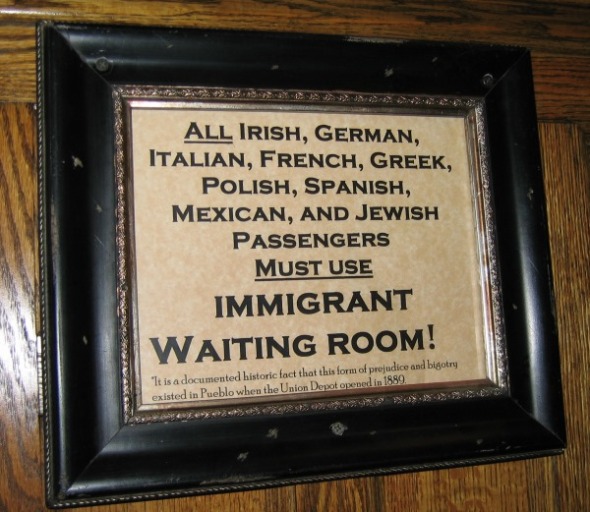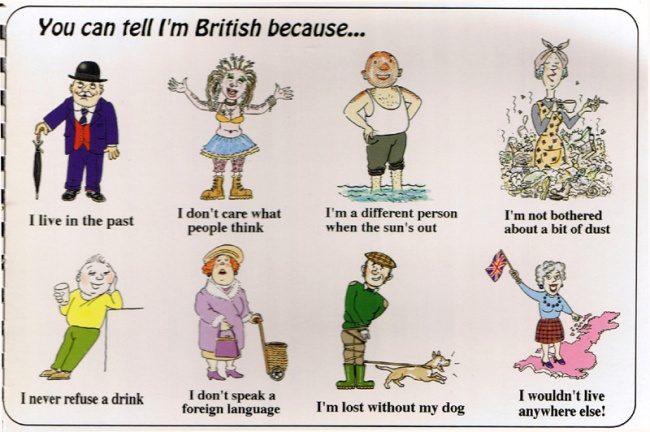ENTRY 4:
Argument Structures and Fallacies
ITEM 1: Poster
– Type of fallacy: Structure fallacy: Structure fallacy (Denying the antecedent) and content fallacy (Hasty generalization)
– Analysis:
- Structure fallacy (Denying the antecedent)
If A, then B (If you drink Heineken, you will become champions)
Not A (If not drink it)
——————————-
Therefore, not B (Therefore, you will be losers.)
- Structure fallacy (Hasty generalization)
In the poster, it says that “meant for champions” which means that anyone who drinks Heineken is champion. However, there are numerous champions who do not use this products. Besides, a large number of people drinking this beer are not champions.
– Source: http://www.thebeveragejournal.com/heineken-and-uefa-champions-league-begin-new-marketing-effort/
ITEM 2: Funny story
A curious child asked his mother: “Mommy, why are some of your hairs turning grey?”
The mother tried to use this occasion to teach her child: “It is because of you, dear. Every bad action of yours will turn one of my hairs grey!”
The child replied innocently: “Now I know why grandmother has only grey hairs on her head.”
– structural fallacy and content fallacy (fallacy of presumption)
– Analysis:
- Structural fallacy
If A, then B (If children are naughty, then their mother’s hair will turn grey.)
B (The grandmother has only grey hairs on her head)
———————————————————————
Therefore, A (Therefore, the mother is naughty)
- Content fallacy (fallacy of presumption)
There is no evidence that naughty children make their mother’s hair turn grey. There are wide range of reasons for this.
– Source: http://forum.teachingenglish.edu.vn/default.aspx?g=posts&t=2557
ITEM 3: Saying
‘Life is either a daring adventure or nothing at all.”
Helen Keller (American author)
– Type of fallacy: content fallacy (false dilemma)
– Analysis:
- false dilemma: there are only two options
This quotation says that “Life is either a daring adventure or nothing at all.””. In fact, life is an abstract concept including many other definitions, not only daring adventure or nothing like that.
– Source: http://www.goodreads.com/quotes/9605-life-is-either-a-daring-adventure-or-nothing-at-all





